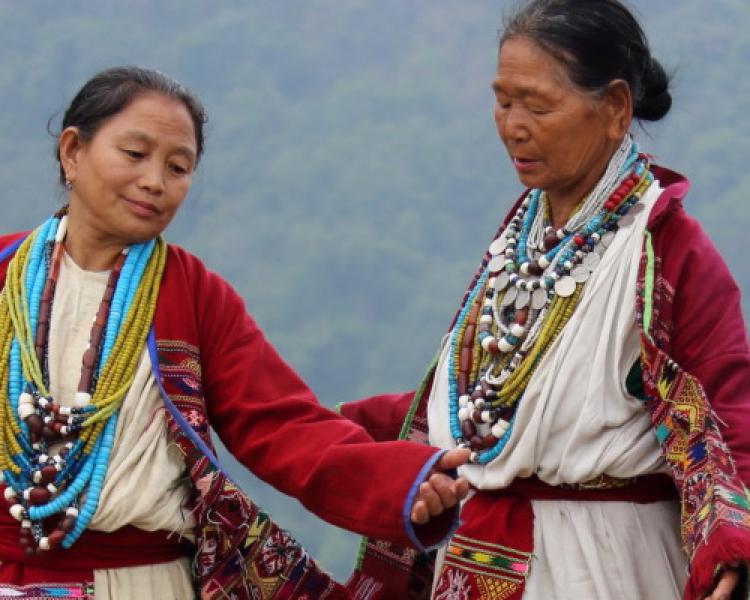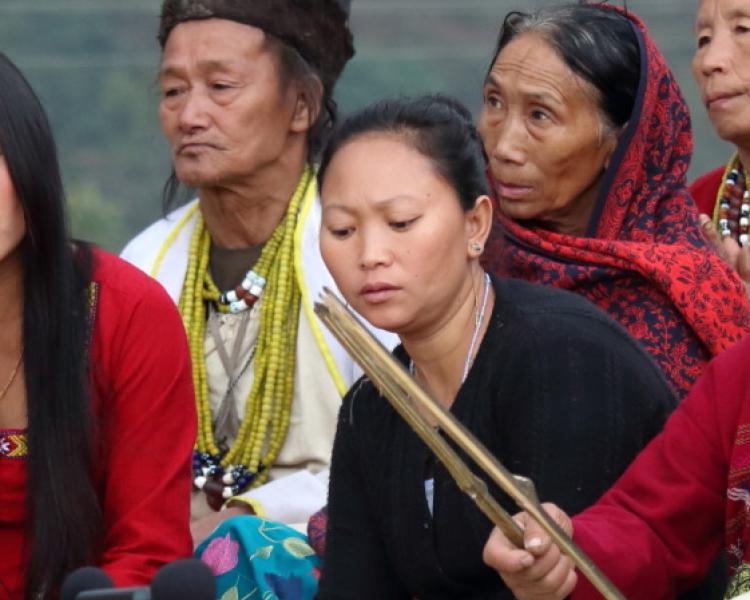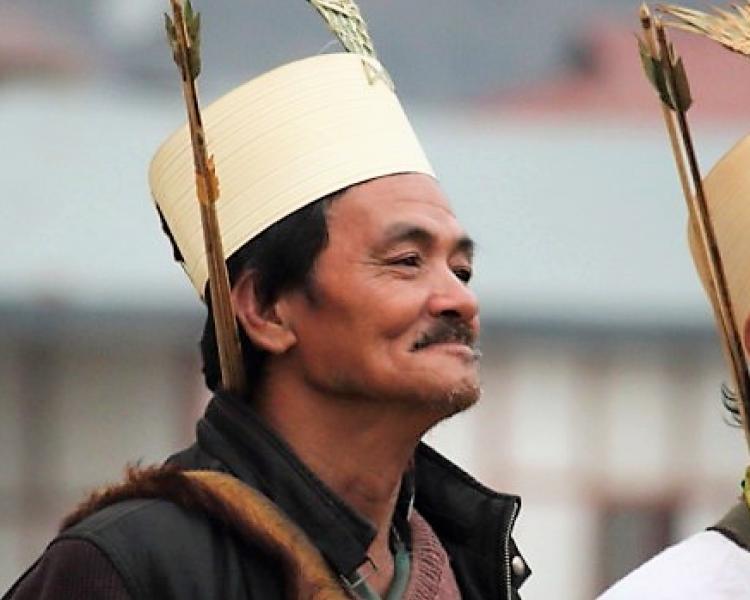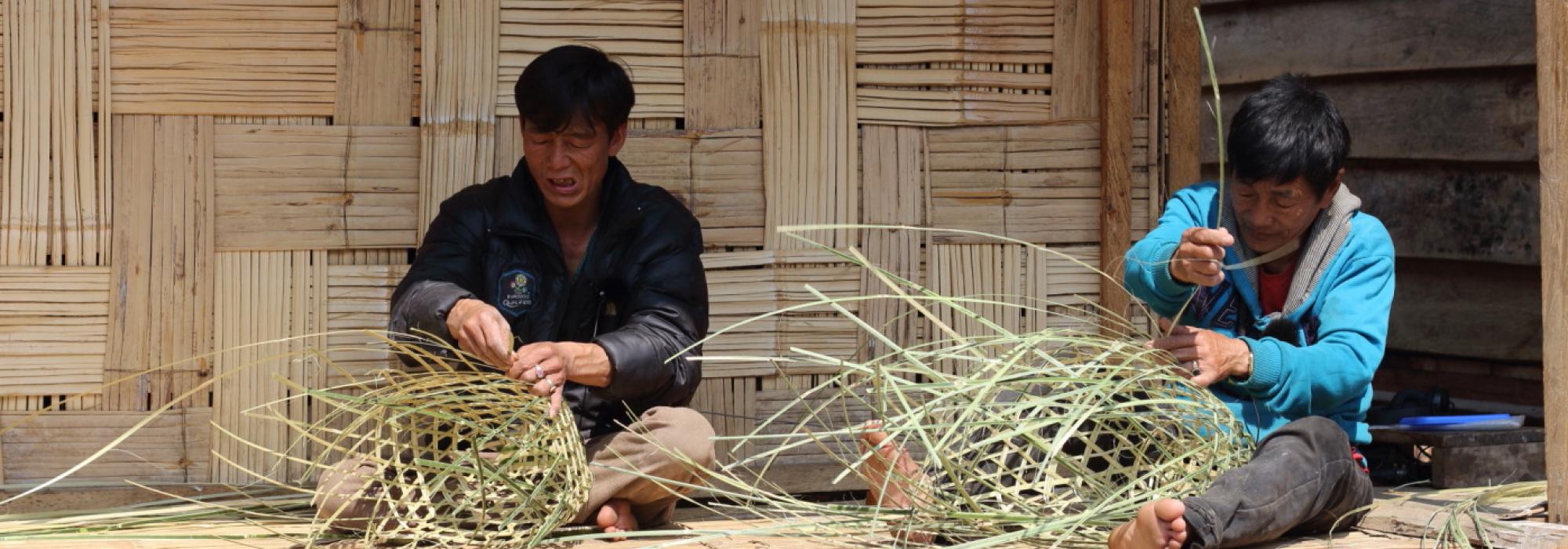
Transdisciplinary Dialogues Series: Endangered Tribal Languages in India (3)
Key Details
Seminar 3: Endangered Languages, Governance and Policy Issues
Our third seminar, held in November 2022, was entitled Endangered languages, governance, and policy issues.
It explored how endangered languages have become an issue of political contestation in many countries in South-East Asia. States often seek to limit the opportunities for using minority languages in the public sphere, schools, the media, and elsewhere, sometimes even prohibiting them altogether. Sometimes ethnic groups are forcibly resettled, or children may be removed to be schooled away from home. How to ensure better governance arrangements and promote public policies to protect endangered languages?
Speakers:
- Mr Binay Pattanayak (education specialist based in Jharkhand)
- Mr Richard Toppo (Institute for Social Studies, The Hague)
- Dr Carlos Zepeda, Assistant Director in Policy, and Practice, Laudato Si’ Research Institute), Chair
Visual Map of the Dialogue:
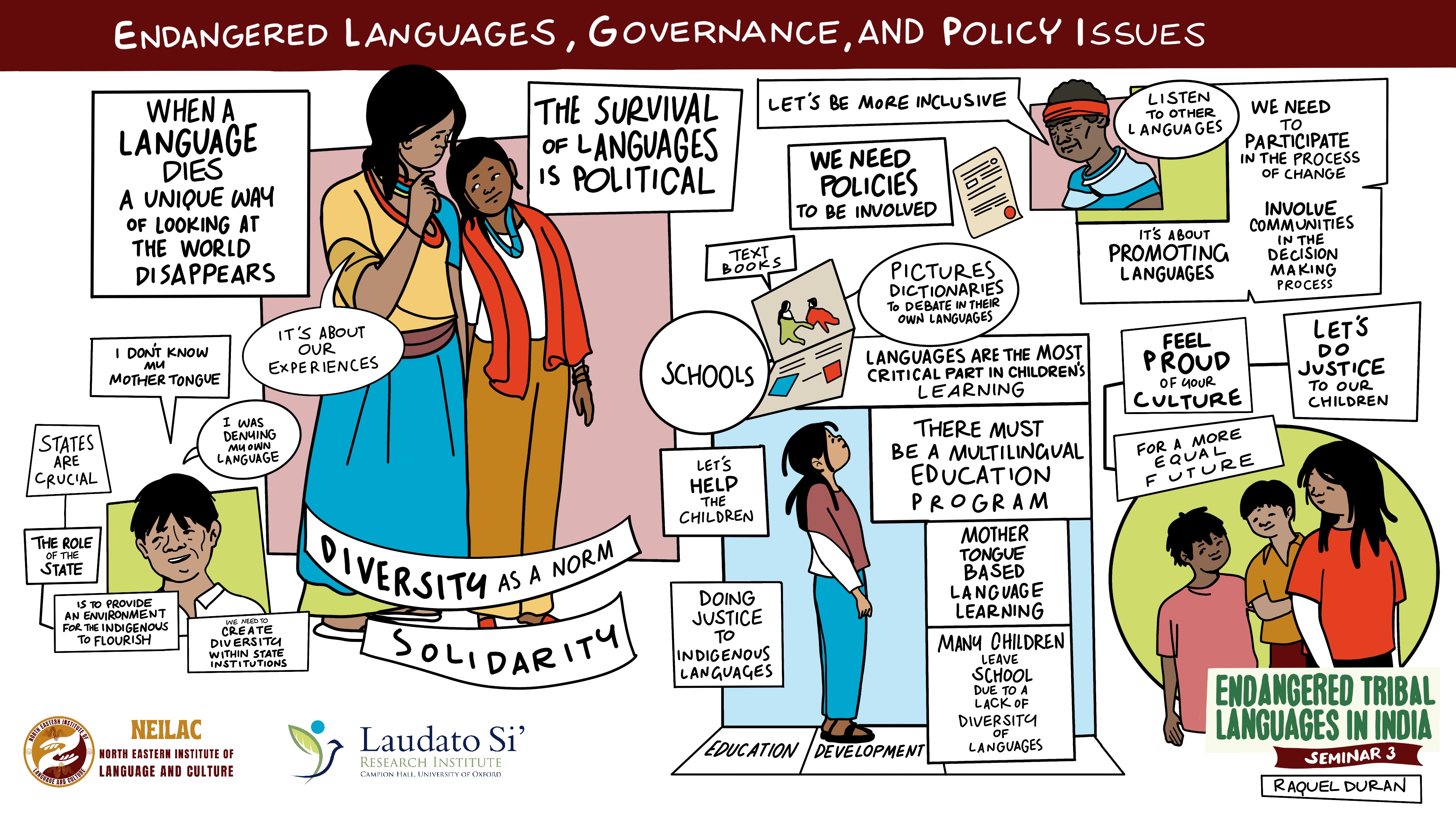
Session Summary:
Binay Pattanayak, who is Senior Education consultant at the World Bank and an education specialist, opened the seminar by talking about the limitations of current policies and the attitude of policymakers regarding minority languages. He cited a linguistic survey he has conducted in all 24 districts in Jharkhand. The survey showed that about 96% of students did not speak the language taught in schools and, consequently, did not understand the textbooks or the teacher instruction. The government did not initially welcome the survey results and thought that mother tongue education was simply not possible due to linguistic diversity. But later on these survey findings gained traction and made news in universities, media, and among social organizations. Subsequently, Binay and his team prepared bilingual picture dictionaries in nine indigenous languages in partnership with UNICEF. Following this initiative, the Government of India began to see the importance of this work. These picture dictionaries were sent to 2,700 educational centres and primary schools. Further work has been conducted on developing culturally relevant textbooks in eighteen indigenous languages for use at primary level.
Binay continued by sharing his experience as a committee member of India’s New Education Policy in 2020, which emphasizes mother tongue-based multilingual foundational education, and by sharing his work on syllabus, curriculum, and textbooks in children's mother tongues. He argued thus such textbook initiatives within government channels are critical if we are to effect a change in attitudes. Finally, he noted that UNESCO has declared the importance of promoting language for children, but our readiness in doing so is very low. This slowness exacerbates language endangerment and impairs effective learning in schools.
Richard Toppo, a social anthropologist and member of an Adivasi community, spoke about language policies and norms. He is a Kuruk speaker, but until a decade ago did not know his mother tongue. Dwelling on his own experience, he explained that his father was a first-generation learner who secured a government job and moved out of their village, where Kuruk was the main language. In their new place, Richard’s mother told him about the discriminatory treatment they faced from non-indigenous people who came to see them out of curiosity. To assimilate with the dominant language and culture around them, they made sure that Richard spoke Hindi and English. Richard also shared a personal experience of discrimination in school. One day, a non-Adivasi friend called him and his Adivasi friends paharias, a derogatory term used for people living in the mountains. He consequently felt a degree of pressure to fit in with the majority.
In the second part of his presentation, Richard discussed the role of the state in language policies. He argued that the state could not be viewed as an abstract institution that framed policies for everyone because it was often backed by dominant communities. As a result, indigenous languages were typically ignored, on the ground that enforcing a particular language would not be appropriate due to the multilingual nature of the community. However, this approach meant that indigenous individuals have been expected to learn the dominant language, but not vice versa. To address this, Richard suggested creating diversity within state institutions and increasing representation of indigenous people in decision-making positions. He also noted the lack of universities that focused on indigenous languages, which was due in part to lack of ensuing career opportunities, and the need to decolonize university pedagogies and uncover inherent biases against certain cultures, communities, and languages. He concluded that educational institutions played a critical role in reviving indigenous languages and in promoting mother tongue-based education for indigenous communities, as exemplified by the work of Binay Pattanayak.
The subsequent discussion focused on measures taken to revive endangered languages and changes in policy making. Although there are policies, the situation in practice is still far from ideal. Binay also pointed out that some indigenous leaders in the government had neglected the rights of their own people, treating them only as vote banks. Richard emphasized how policy making was still very much a top-down process, but that there had been some improvement over the last 30 years thanks to the efforts of activists.


